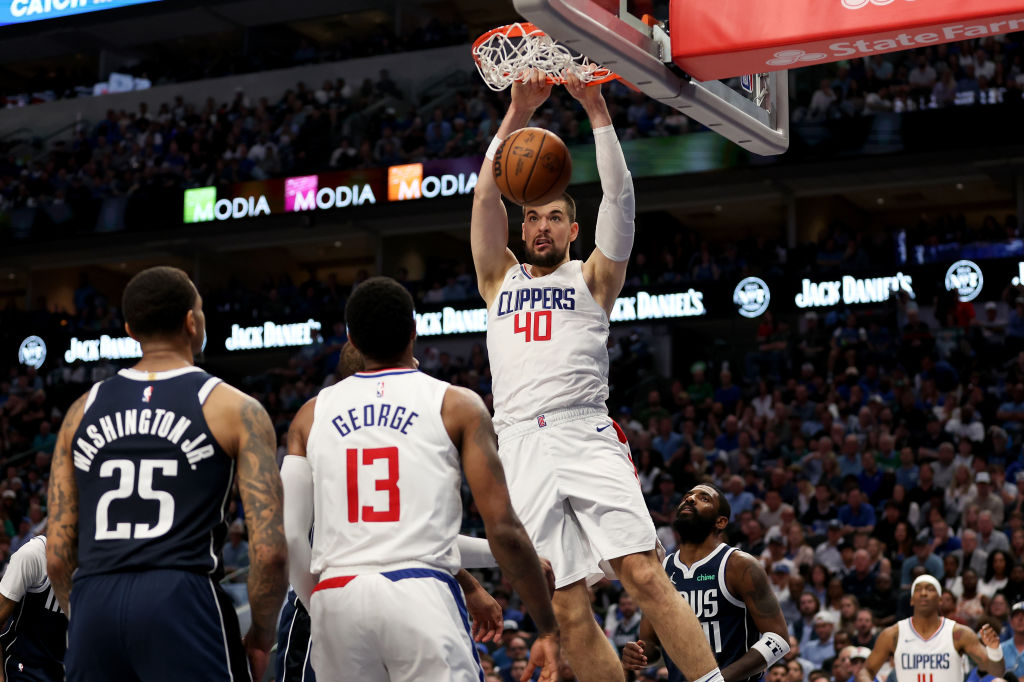After nearly 250 years, the Encyclopedia Britannica is kicking the paper habit.
In the digital age, the granddaddy of general knowlege, where anyone could go and look up seemingly anything, has been rendered obsolete, at least in paper form.
The 244-year-old company, announced on Wednesday that it will no longer issue a print version of its 32-volume compendium of life on earth. It's been available online for 18 years.
The editors at Britannica were philisophical about the change.
"A momentous event? In some ways, yes; the set is, after all, nearly a quarter of a millennium old," the editors posted on the encylopedia's website. "But in a larger sense this is just another historical data point in the evolution of human knowledge."
From its inception in Edinburgh, Scotland in 1768, the Encyclopedia Britannica was the gold standard for reference resources.
But the advent of the Internet and its ever-more-endless stream of information struck a resounding blow to the paper-bound tradition.
Local
Get Los Angeles's latest local news on crime, entertainment, weather, schools, COVID, cost of living and more. Here's your go-to source for today's LA news.
Encyclopedias were the first of the publishing business to be affected by new technology, said Tom Panelas, director of communications for Encyclopedia Britannica.
The news to move solely to an electronic version did not come as a surprise to employees of the iconic reference book company.
In 1981 it produced a text-only version of a digital encyclopedia for the Lexis Nexis database. Then in 1989 it made a multi-media encyclopedia, and in 1994 launched the first version of Britannica online.
The announcement to stop printing was not about Britannica's past but about its move into the future, said Jorge Cauz, president of the company, in a statement posted online.
"I would like to point out that no single medium, neither books nor bits, is at the core of our mission," Cauz said. "That mission is to be reliable, up-to-date, and scholarly source of knowledge and learning for the general public."
Even so, the announcement struck a sentimental chord among those with cherished childhood memories of flipping through informative, colorful pages.
"So Sad!! Nothing like holding a real book in your hands… and I, too, remember just going page after page and trying to soak up what the pages held!!" Kathie Bretches-Urban posted on the NBC LA Facebook page.
Encyclopedias were the great equalizer-- if you could afford the cover price (or had a library card) you gained easy access to a depth and range of information previously unavailable to the masses.
"It was a way of providing education to yourself and your children. It helped supplement what they would be learning in school," said Lise Snyder, collections management coordinator for the undergraduate library at UCLA.
"My parents bought the Encyclopedia Britannica for us. Many times I randomly grabbed a volume and sat alone, turning pages. Bye old friend," Sean Patrick posted on the NBC LA Facebook page.
Britannica's accessibility was manifested in its door-to-door sales strategy, an approach it ceased in 1996 two years after it first launched in digital format.
Doris Raymond, who sold a encyclopedias across California and the nation for a Britannica competitor in the 1970s, said her job offered a glimpse into the heart of American home life.
Raymond, who now owns the La Brea Avenue vintage shop The Way We Wore, said despite her affinity for old things, she would "absolutely not" feature any of the old encyclopedias in her shop.
"I love encyclopedias, they were a part of my childhood but this is the 21st century," Raymond said.
Even the digitial format of the encylopedia is unnecessary, she said. Choosing to go electronic is "redundant" in her eyes because now "you can get everything on Google."
But unlike the Internet, where misinformation can be perpetuated without substantiation, the encylopedia in digital form continues to offer a trusted source of information, with contributors who include Albert Einstein, Sigmund Freud, Desmond Tutu and Bill Clinton.
With such notable brain power behind it, many institutions had long used the books as a strong point of reference for students and the public.
Unfortunately, for some universities and libraries the cost of the electronic version is too high. Individual subscriptions run $70, but institutions are charged a set fee per student, which can run into the thousands of dollars.
"It's not one of the most in-demand resources. There are so many options now for scholarly information online and it is quite expensive to order the electronic version," said Giovanna Mannino, interim director of the central library for the Los Angeles Public Libraries.
"One of the ways we compete with all other sources out there is simply by being better," Panelas said.
Follow NBCLA for the latest LA news, events and entertainment: Twitter: @NBCLA // Facebook: NBCLA



